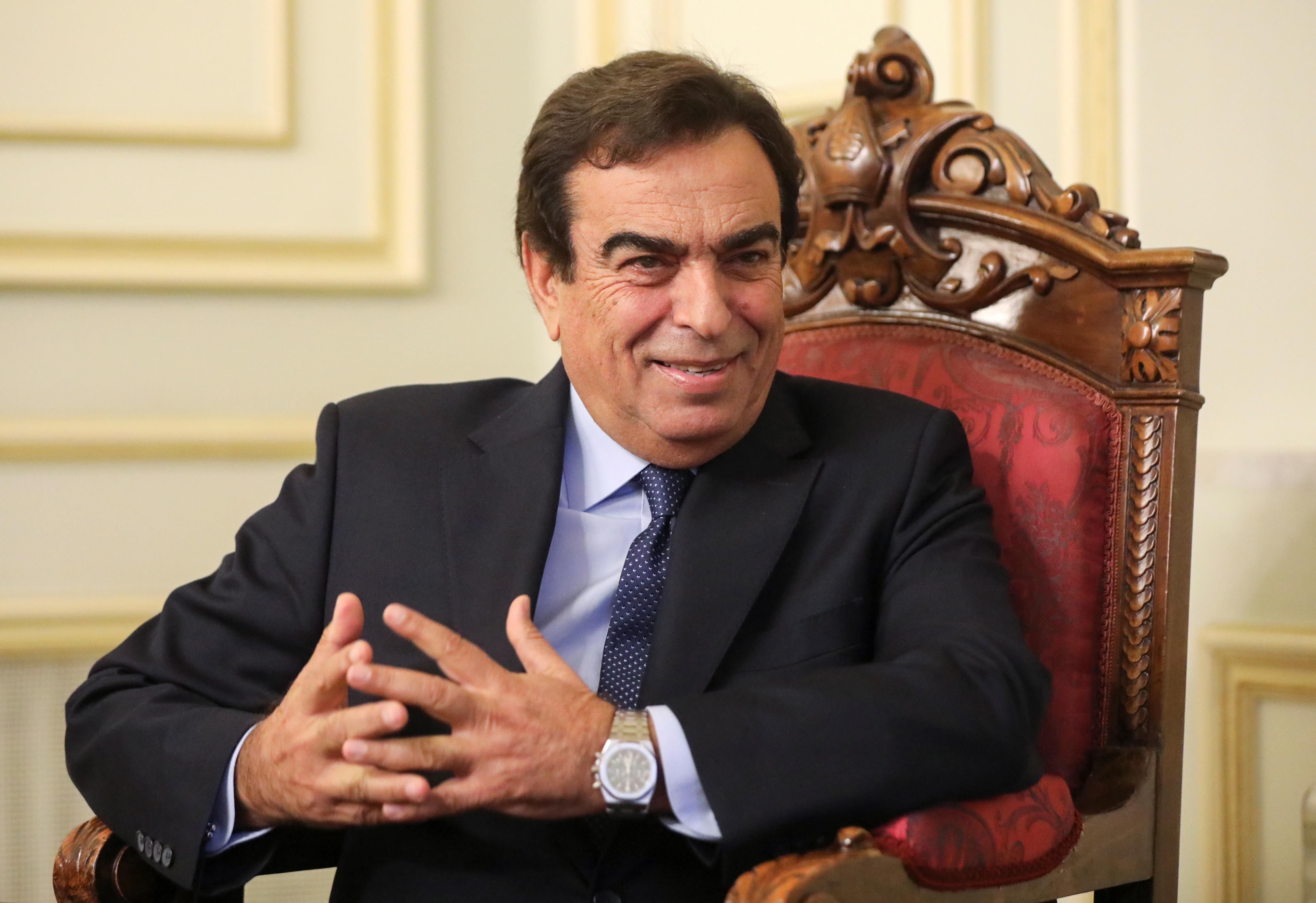October 31, 2021
Gulf states lash out at Lebanon. Cash-strapped Lebanon is grappling with yet another crisis after Saudi Arabia expelled its ambassador, a move promptly followed by the UAE, Bahrain, and Kuwait in solidarity with Riyadh. The trigger? A Lebanese minister had previously criticized the Saudis' involvement in the ongoing war in Yemen, suggesting that the coalition led by Riyadh was the aggressor in a conflict with the Iran-backed Houthi rebels. Indeed, this latest episode reveals that Lebanon — which has long been plagued by sectarian tensions — yet again finds itself in the crosshairs of the Iran-Saudi rivalry. (Saudi Arabia ceased giving aid to Beirut since the-Iran backed Hezbollah movement has gained increasing influence in Lebanese political and social life.) But since billionaire tycoon Najib Mikati was appointed Lebanon's PM in September, the US and France have been lobbying the Saudis to soften their hardline approach to Lebanon, which the Gulf views as an Iranian client state, and reinstate aid to the crisis-ridden country, where three-quarters of the population now live below the poverty line. The latest episode shows that despite speculation of a détente between Tehran and Riyadh, deep animosity persists.
More For You
- YouTube
Make no mistake, says the Stanford political scientist.
Most Popular
After the US captures Nicolás Maduro, is Venezuela headed for stability, or chaos? Ian Bremmer talks to Senator Ruben Gallego and Frank Fukuyama about what comes next.
- YouTube
Welcome to the Jungle
© 2025 GZERO Media. All Rights Reserved | A Eurasia Group media company.
